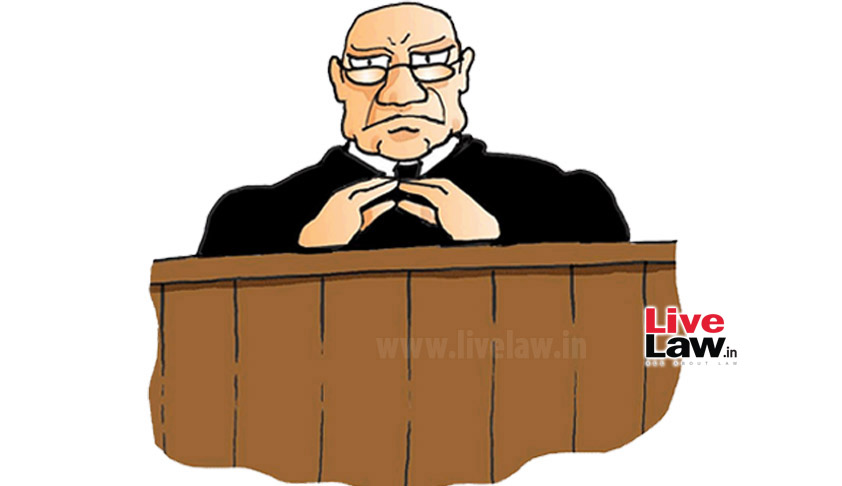Magistrate has discretionary power to direct registration of a case u/s 156(3) or conduct 202 inquiry ; Police has no power to arrest during investigation u/s 202 CrPC : Supreme Court
LIVELAW NEWS NETWORK
18 March 2015 10:03 AM IST

Next Story
18 March 2015 10:03 AM IST
